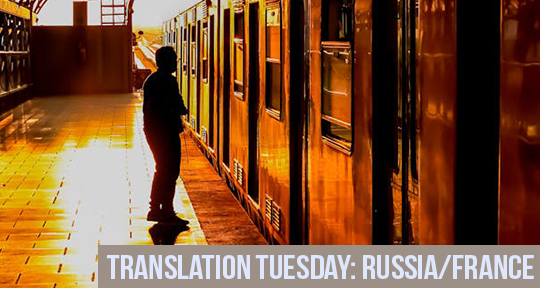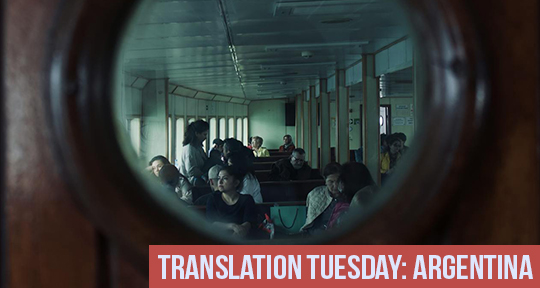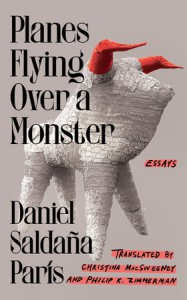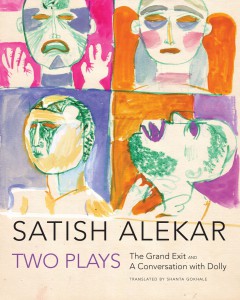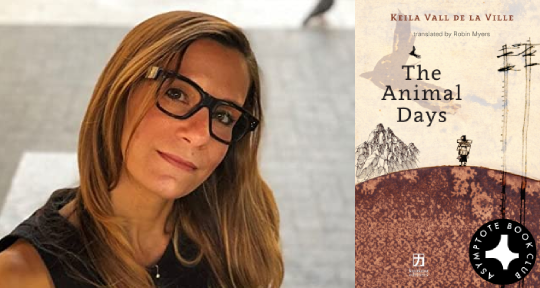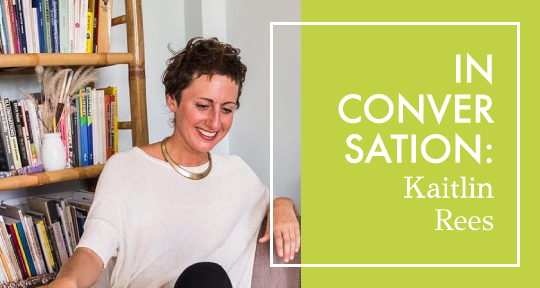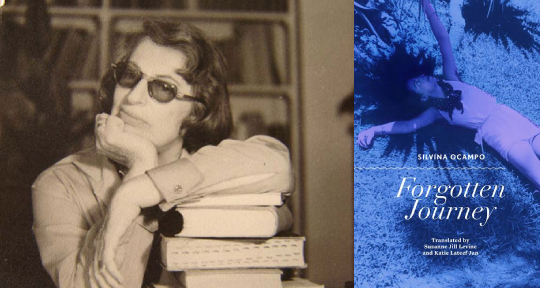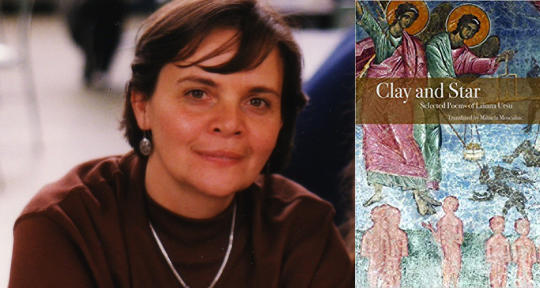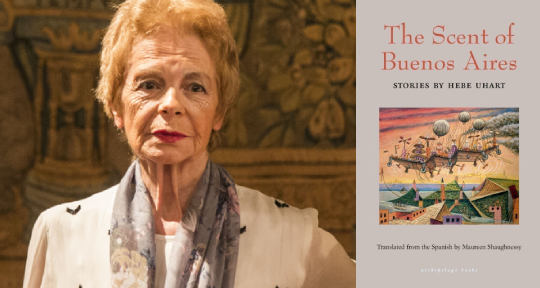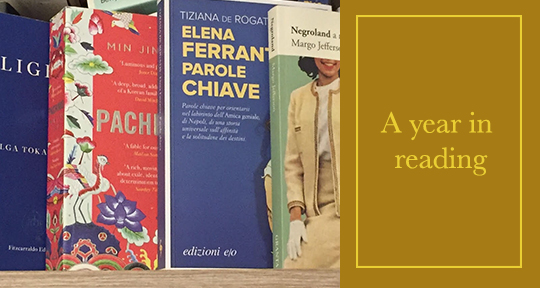For this week’s Translation Tuesday, we bring you a thrilling tale of international espionage and intrigue from Russian émigré writer Zinaida Shakhovskaya, deftly translated by Theo Barnett. Arriving in an unnamed country, veteran spy Loris feels completely secure—he speaks the language perfectly, can name every place of the town, knows exactly what he needs to do—that is, until he runs across an old friend. What follows lays bare the true conflict in Loris’s heart, a deep pessimism beneath the mask of a devoted professional. Yet even as Loris admits his despair, the world around him hums with activity: children at play, a girl meeting her partner in a restaurant, new foliage casts dappled shadows on the streets. Together, these moments paint a picture of the world in “its breathtaking benevolence and fixity,” which stands against Loris’s despair and finally empowers him to act. Read on!
Loris knew the town, where he was arriving for the first time, down to its last detail. He had undergone such extensive preparations before being sent there that he knew the place inside out: every bend in its labyrinthine streets, the name of every hotel and caffè, the address of every library, museum, tavern and concert hall in the town, of its every abattoir, square and monument. Any passer-by could ask him for any directions, and, with native fluency, Loris could supply them. He recognised all these things as he saw them for the first time.
On his way from the station, carrying a light holdall, he entered a hotel and requested a room (even his accent didn’t betray his identity). On a paper slip he wrote down his name (not his own), verifying this by making unsubtle glances at his passport (also not his own) … After a wash and a freshen-up, he left straight for the town.

